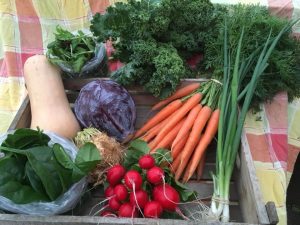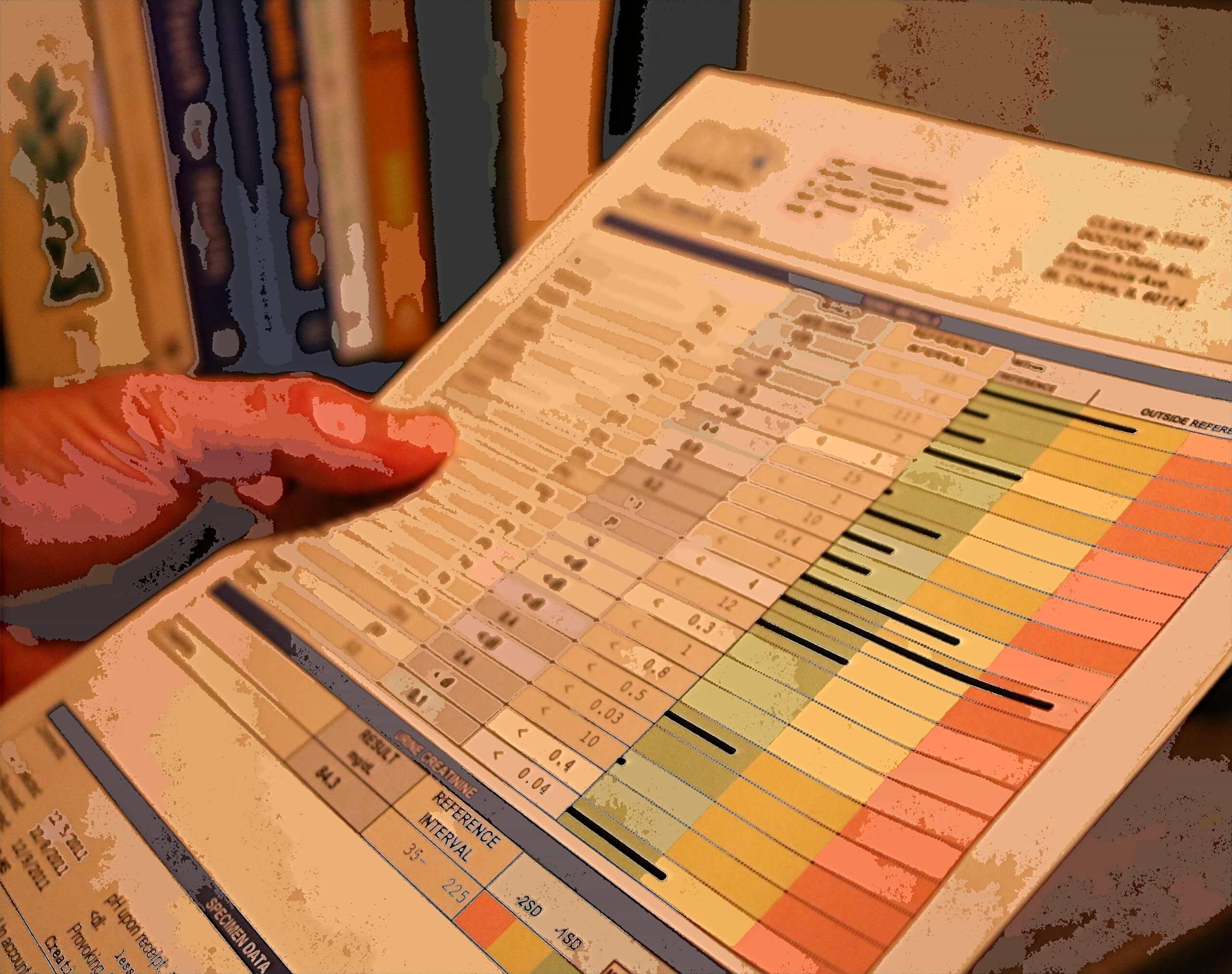The POSSIBILITY PROJECT
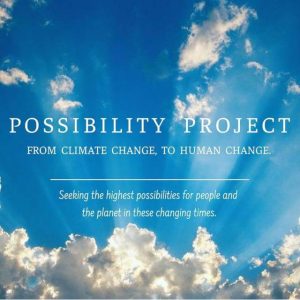
― Thomas A. Edison
Yes. I absolutely believe this to be true. The Possibility Project Podcast is my latest exploration in to this largely undiscovered territory of the miracle of all that we could be.
We are made of the stuff of seemingly infinite possibility. From one cell, we become 26 billion by the time that we are born. From that one cell, the information that it contains, and the energetic environment that it is left stewing in, we become creatures of incredible complexity. Even now, in the approximately 30 trillion cellular mass that you are, you lose and create over 50 billion cells every single day. Our bodies hum with the power and possibility of infinite creation.
And yet, we spend most of our lives narrowly focused on feelings of impossibility.
 Later this month, KIHC’s Energy Therapist,
Later this month, KIHC’s Energy Therapist, 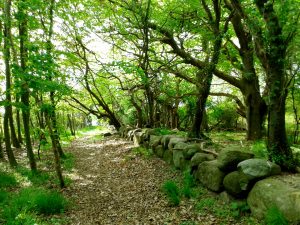
 Chronic pain is a widespread, disabling condition than affects an estimated 20% of people in the world. Pain is usually regarded as chronic if it lasts or reoccurs for periods of 3 to 6 months, which is beyond the normal amount of time for healing. Chronic pain can contribute to anxiety, depression, disability, sleep disturbances, poor quality of life and certainly impacts healthcare costs.
Chronic pain is a widespread, disabling condition than affects an estimated 20% of people in the world. Pain is usually regarded as chronic if it lasts or reoccurs for periods of 3 to 6 months, which is beyond the normal amount of time for healing. Chronic pain can contribute to anxiety, depression, disability, sleep disturbances, poor quality of life and certainly impacts healthcare costs.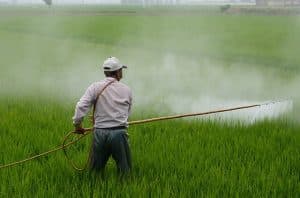 I’d like to share with you a
I’d like to share with you a 